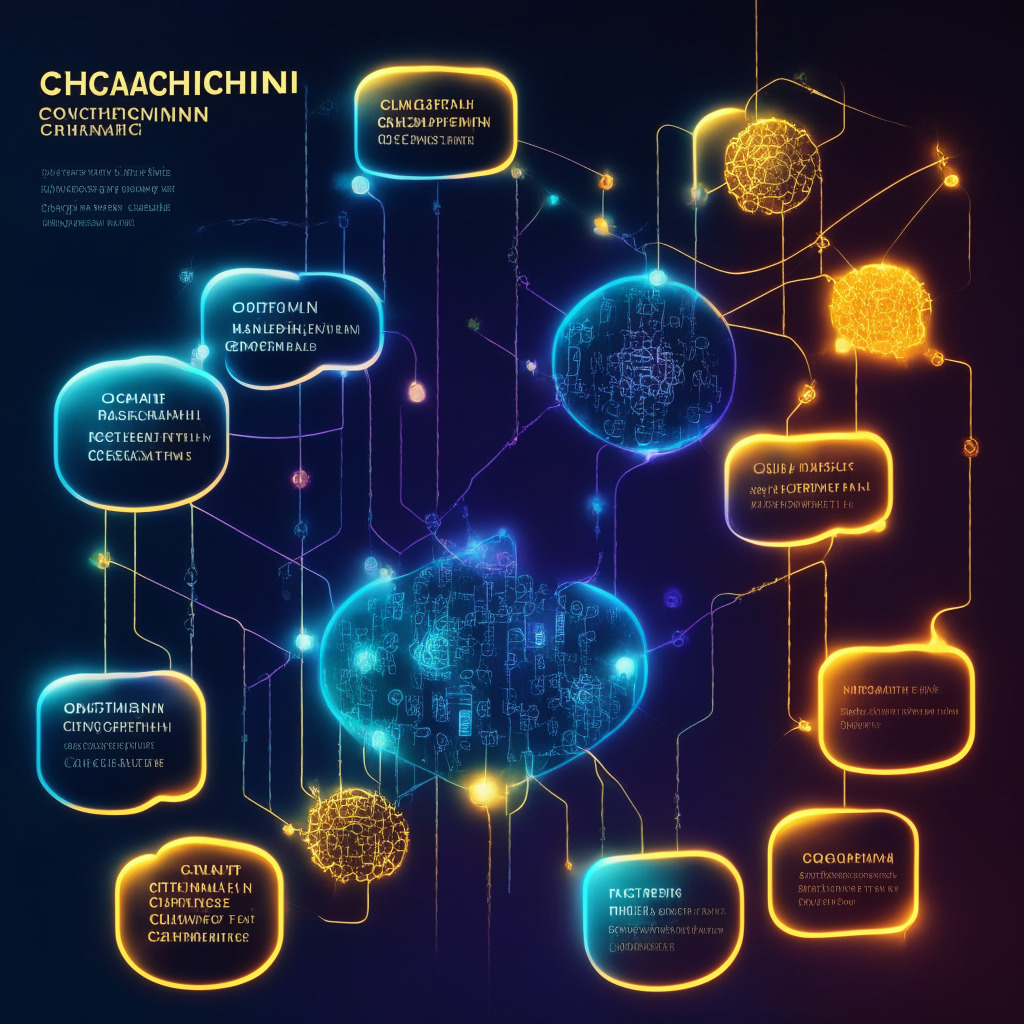Cryptocurrency and gaming have gained a lot of attention in recent years, with both markets experiencing tremendous growth. The intersection of these two worlds has led to the emergence of crypto-based video games and the use of non-fungible tokens (NFTs) as virtual assets. One of the best examples of this convergence comes from Matt Sanders, lead vocalist of Avenged Sevenfold and an early adopter of cryptocurrencies and NFTs.
Sanders, who has been involved in the cryptocurrency and gaming space, believes that crypto and video games go hand-in-hand. He comments on the appeal of digital items and their inherent scarcity, and how this concept can improve traditional video games which tend to trap expensive digital assets within their ecosystems. Players often invest considerable amounts of money in these items, but they cannot be resold or transferred outside the game in a legitimate market.
The solution, according to Sanders, lies in the potential of NFTs to revolutionize in-game economies. By making high-value digital assets more transferable and sellable, the stakes of these games can be raised to the next level. However, he also acknowledges that some might attempt to exploit such systems, and that the proper tech solutions will be required to minimize potential issues.
The move towards the tokenization of games has already begun, with industry players like Gala Games, Solana, and Magic Eden pushing this vision forward. But Sanders emphasizes that a great game should come first, and that no amount of crypto rewards or incentives can turn a bad game into a good one.
One of the challenges currently facing this fledgling industry is a lack of clarity in communicating these new ideas and technologies. Sanders argues that terms like “Web3 gaming” can create confusion and branding difficulties. Instead, he wants to see a focus on content and utility instead of murky jargon.
Despite his optimism, Sanders does not shy away from addressing the growing backlash against NFTs in gaming. Mainstream media and self-proclaimed experts have painted a negative picture of crypto and NFTs in gaming, but Sanders believes this resistance stems from a lack of understanding. As humans, we tend to gravitate towards stories and narratives that align with our beliefs. The negative narrative surrounding NFTs and gaming will require strong use cases to change public opinion.
Ultimately, crypto and gaming enthusiasts like Matt Sanders are convinced that the fusion of these two worlds can bring about a new era of gaming experiences. And while skeptics might raise concerns, the potential benefits of utilizing blockchain technology and NFTs in games are too significant to ignore.
Source: Decrypt




